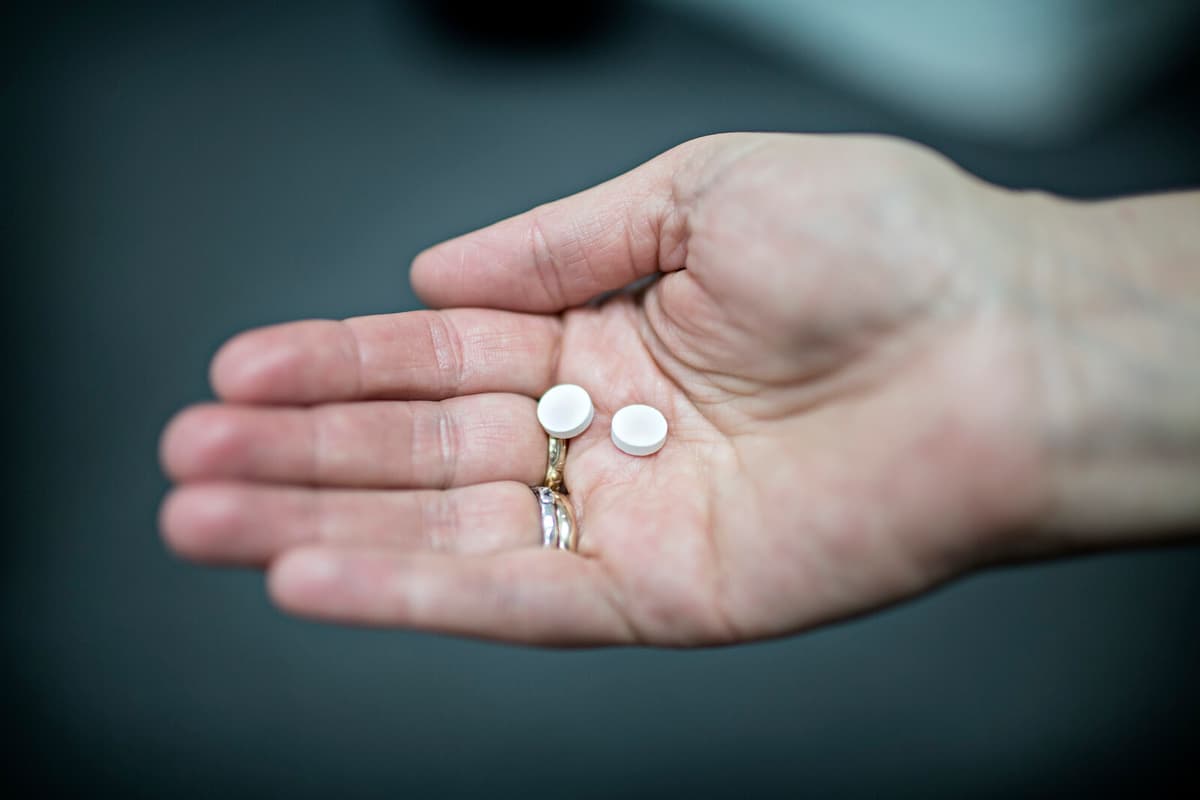In a new phase 2 study, the drug oveporexton has shown significant improvements after eight weeks of treatment, according to several disease measures for narcolepsy among patients who have tried the drug.
If these results hold and this becomes an approved drug, it would mean a great deal for this patient group, says Anne-Marie Landtblom, professor emeritus in neurology at Uppsala University to Dagens Medicin.
The drug is said to have led to patients taking longer to fall asleep at night, which is seen as a sign of improved wakefulness.
About 95 percent of participants are said to have had normalized daytime sleepiness during the study. It is also said to have reduced the occurrence of cataplexy attacks, which involve sudden paralysis due to strong emotions such as laughter.
The study appears to be very well-conducted and it is world-leading researchers in the field of narcolepsy who are behind it. The results are incredibly encouraging, says Anne-Marie Landtblom, who is also the deputy registry manager for the narcolepsy registry within the Swedish Neuro Registry.
The most common side effect among patients was insomnia and urinary incontinence.
The current study included 112 patients who received different doses of oveporexton or placebo randomly assigned. A phase 3 program for the drug has also been initiated, and the results are expected to be available later this year.






